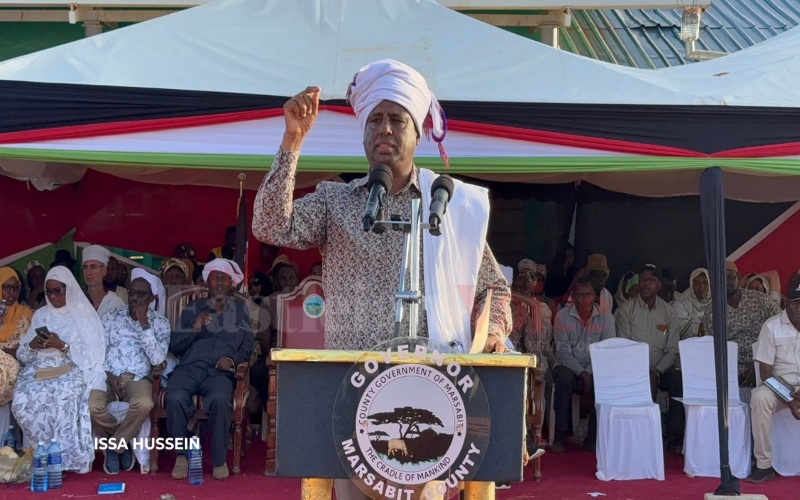Wetang’ula decries 'disruptive' conservatory orders, urges judicial restraint

Wetang’ula argued that injunctions should be a last resort, as existing legal provisions already provide for compensation where remedies are required.
National Assembly Speaker Moses Wetang’ula has slammed the Judiciary, warning that “careless” conservatory orders are disrupting the implementation of laws, government programs, and Kenya’s economic development.
Speaking during a stakeholder engagement sponsored by Parliament and the Kenya Private Sector Alliance (KEPSA) on Friday, November 7, Wetang’ula expressed concern that court actions are increasingly undermining Parliament’s legislative authority and slowing national progress.
More To Read
- KEPSA calls on Parliament to enact reforms to stabilise public universities after 49-day lecturers’ strike
- MPs endorse new extradition rules with UAE, Italy and China
- Activists petition Parliament to summon PS Sing’Oei over abducted Kenyans in Uganda
- Taxpayers could pay Sh15 billion annually for judges’ retirement perks, SRC warns
- CJ Koome recalls defending Raila during detention, hails his legacy of justice and courage
- Justice Matheka calls for increased funding to strengthen Kenya’s child justice system
He highlighted instances where laws passed by Parliament are challenged in court, sometimes citing non-existent sections, with conservatory orders issued against provisions that do not exist.
“Somebody goes to court and cites a non-existent section of the law, and the judge issues conservatory orders against that non-existent section in the new law,” he said.
Wetang’ula argued that injunctions should be a last resort, as existing legal provisions already provide for compensation where remedies are required.
“When we studied law, an injunction was a last resort; you had to show that damages could not compensate you. Today, injunctions are issued first, questions asked later,” he said.
“Injunctions are not cakes to be dished to everybody carrying a plate,” he added, assuring that the government would honour court rulings and settle damages where necessary.
The Speaker proposed a structured dialogue bringing together Parliament, the Judiciary, and KEPSA to harmonise how key national decisions are adjudicated.
He further urged judges to uphold the presumption of constitutionality for laws passed by Parliament and handle constitutional challenges with urgency.
Wetang’ula also questioned the legitimacy of some litigants, suggesting that certain lawsuits may be politically motivated or influenced by commercial rivals rather than public interest. “The person rushing to court does not even run a kiosk. They are simply a surrogate litigant for competitors,” he said.
Despite his strong criticism, Wetang’ula emphasised that meaningful reforms require patience, commitment, and unity.
Top Stories Today











































